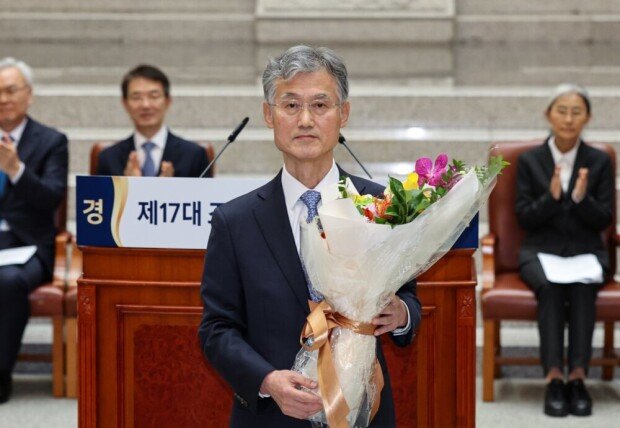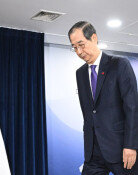New Supreme Court Chief Justice to prioritize reforming the corrupted Court Chief recommendation system
New Supreme Court Chief Justice to prioritize reforming the corrupted Court Chief recommendation system
Posted December. 12, 2023 08:34,
Updated December. 12, 2023 08:34

The rationale behind the new Supreme Court Chief Justice Cho Hee-dae selecting the 'Court Chief Justice Candidate Recommendation System' as the primary focus of judicial administration reform is rooted in his belief that preventing personnel mistrust and unnecessary confusion within the judiciary takes precedence. Addressing personnel reform is viewed as the initial stride in resolving the issue of trial delays, a matter extensively deliberated both within and outside the judiciary.
In his inauguration speech on this day, Chief Justice Cho underscored the imperative of addressing the issue of ‘trial delay.’ “All citizens possess the right to a prompt trial, yet the courts are falling short in safeguarding this right, thereby intensifying the suffering of the people,” Chief Justice Cho said. “Given the people’s urgent yearning for the court's intervention, expediting the resolution of trial delays is crucial, enabling the swift settlement of disputes. I am committed to meticulously and comprehensively analyzing the intricacies of the trial delay issue to untangle its complexities.”
Chief Justice Cho has also opened the door to significant changes in the criminal justice system. He intends to publicly discuss introducing a conditional arrest warrant system and a pre-interrogation system for search and seizure warrants in the near future. The conditional arrest warrant system involves issuing a warrant to a suspect but releasing them with specific conditions, such as restrictions on residence. The arrest is executed only if the individual violates the specified conditions. As for the pre-interrogation for a search and seizure warrant, it entails the prosecution requesting a warrant, and the judge then interrogating the suspect and other relevant individuals before deciding whether to issue the warrant. However, both systems face strong opposition from investigative agencies, particularly the prosecution, who argue that "disruption to the investigation is inevitable." As a result, it remains uncertain whether these proposed changes will materialize.







